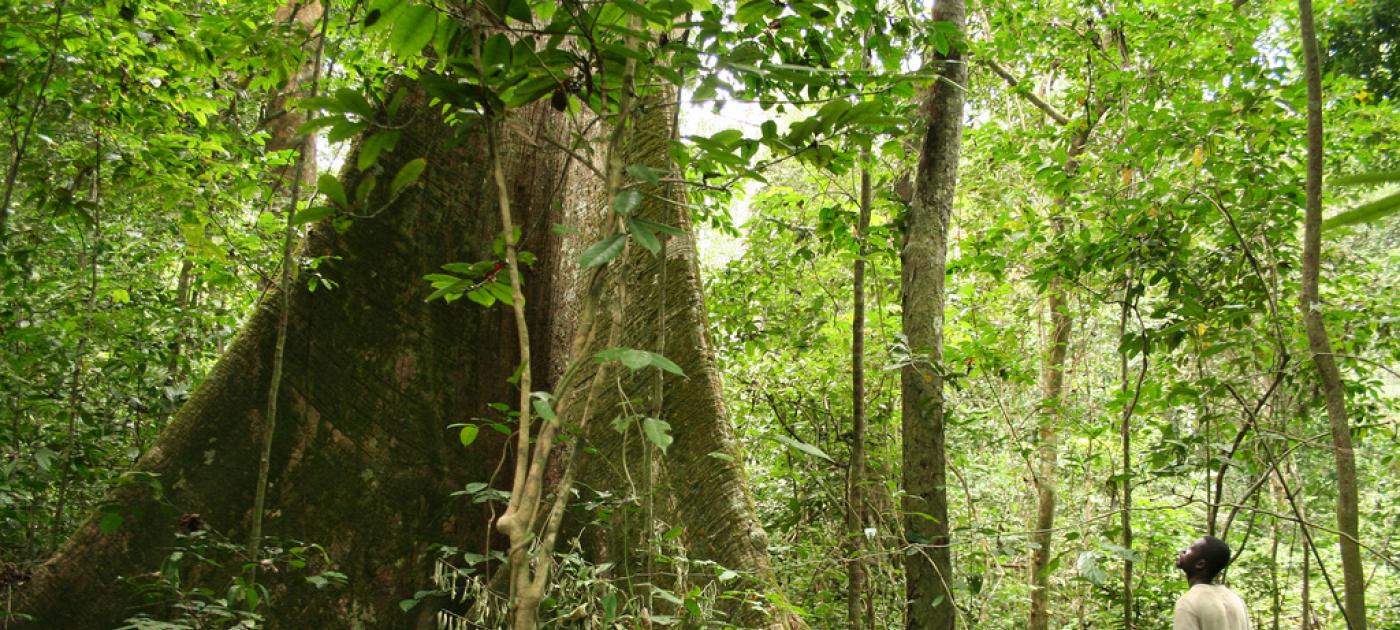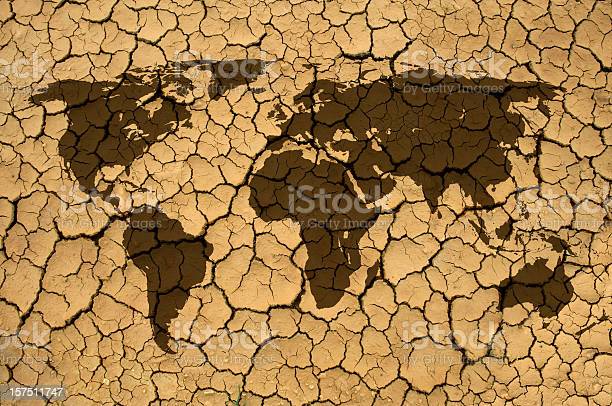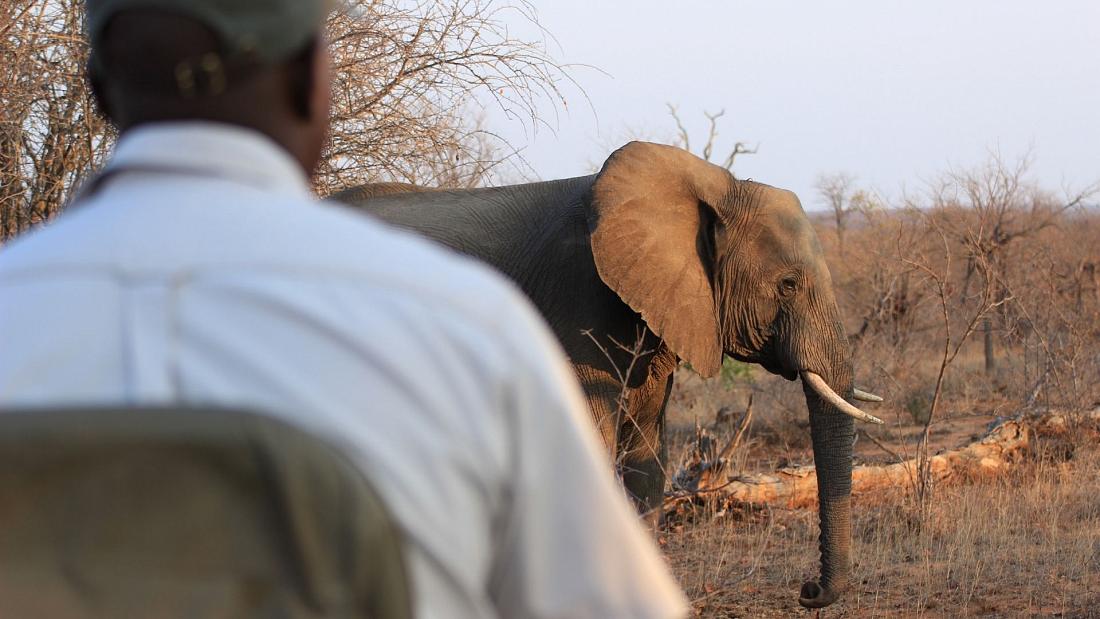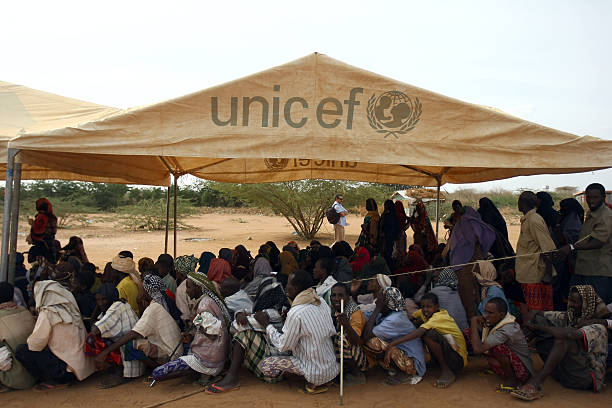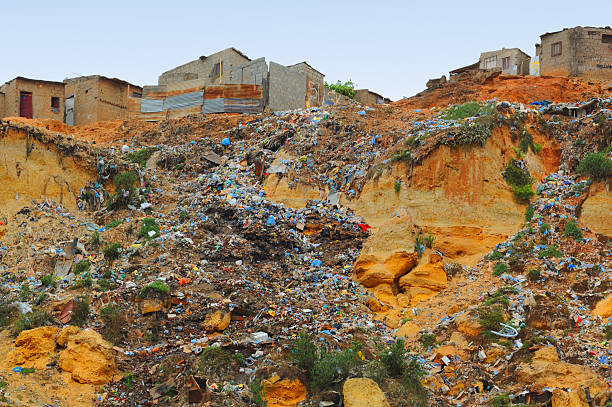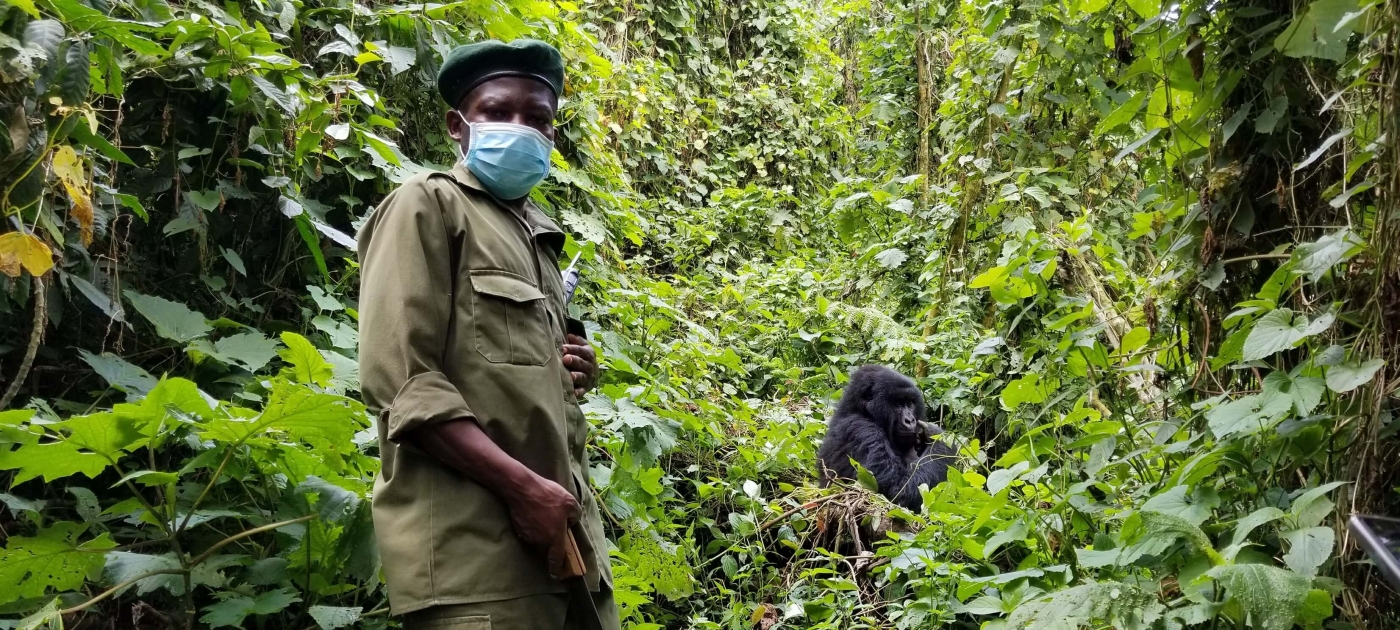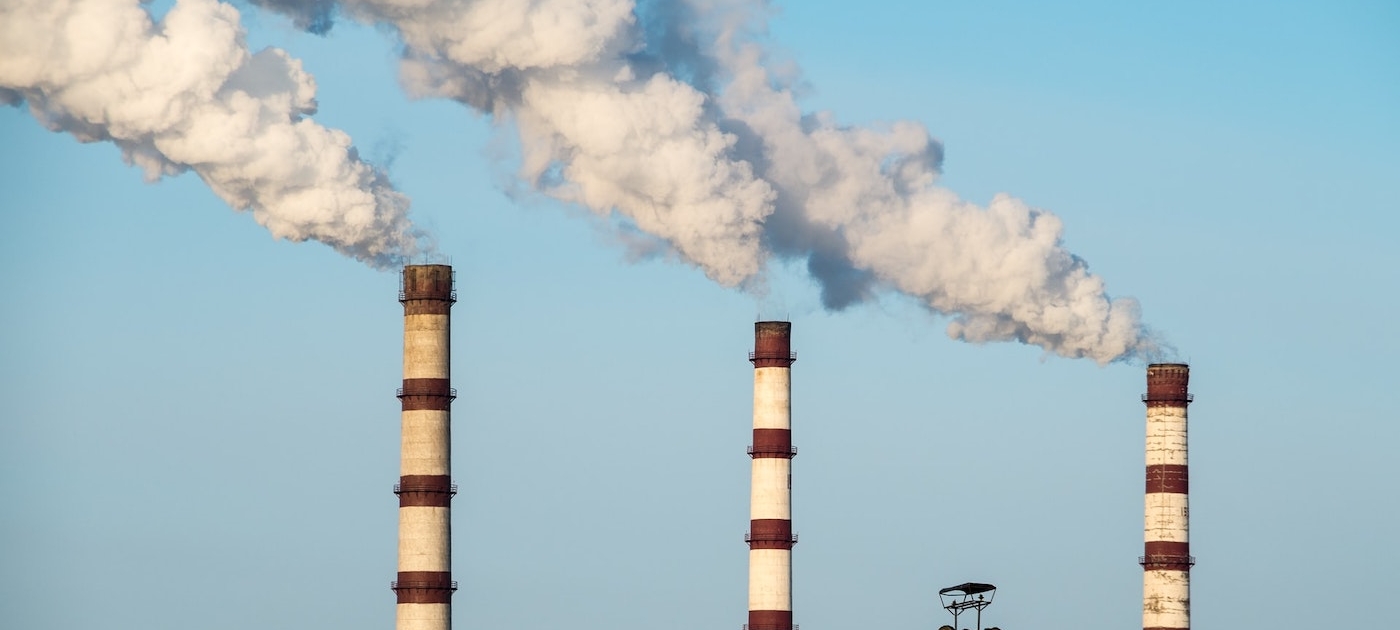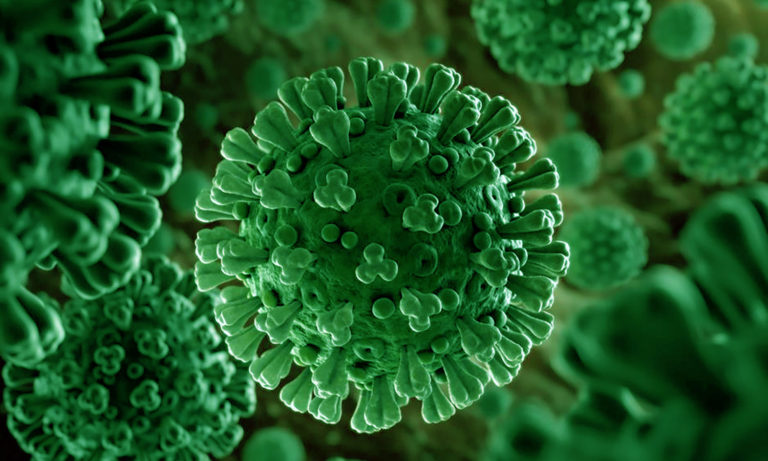HospiNet
COVID-19’s effects on future pro-environmental traveler behavior
Xinhuanet
African environment ministers urge financing to boost green recovery
BESJ
|
Ten principles for generating accessible and useable COVID‐19 environmental science and a fit‐for‐purpose evidence base |
Reliefweb
The pandemic and related containment measures have aggravated the impact of pre-existing drivers of fragility, notably conflict and climate change. The resulting economic hardship has widened inequalities and exposed the structural vulnerabilities of local and global food systems, hitting already fragile contexts and vulnerable groups particularly hard. This situation requires urgent and decisive action
Euronews
In March this year, IUCN released a series of studies detailing how conservation efforts had been severely impacted during the last 12 months. These studies found that job losses, reductions in anti-poaching patrols and rollbacks on environmental protections had taken their toll.
World bank
As the countries of the Horn of Africa were scaling up their responses to a recent displacement crisis triggered by conflicts and droughts, the COVID-19 pandemic hit.
EOS
Environmental conditions are intimately connected with human health outcomes. The COVID-19 pandemic has brought this into sharp focus. Across the continent of Africa, comprehensive data on human health and environmental indicators is generally lacking for a variety of reasons, and results in poorer health outcomes and disjointed health interventions.
UNEP
For years, the Virunga national parks and protected areas in the region have provided sanctuary to the great apes, which are among the most endangered creatures on Earth. But climate change and the economic devastation of COVID-19 are driving people deeper into gorilla territory
UNEP
Despite an initial dip in global GHG emissions due to COVID-19, UNEP’s latest Emissions Gap Report (EGR) expects a strong rebound
GEP
This page list relevant information, research, data and/or press releases issued by partners in Geneva and other institutions around the world.



